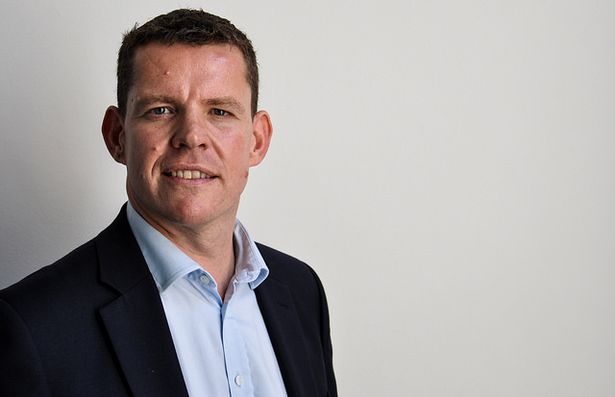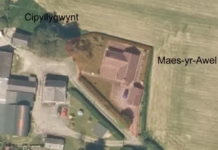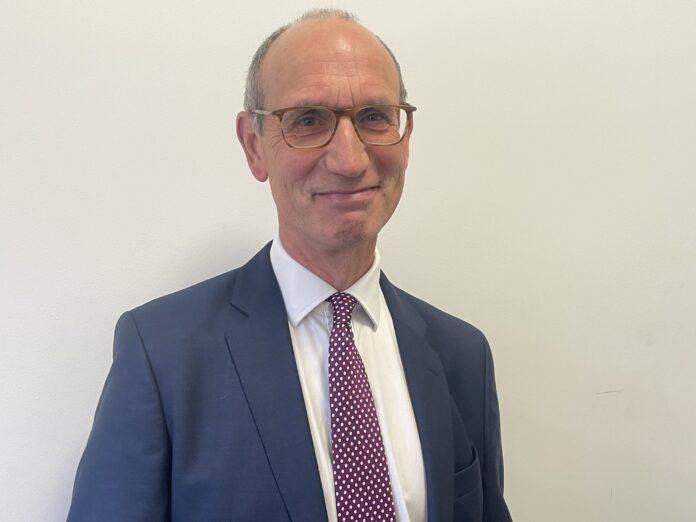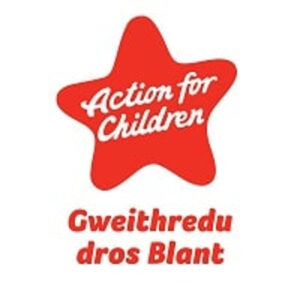- System to deal with criminally exploited children is not fit for purpose as tens of thousands risk being groomed, coerced and threatened into a life of violence, criminalisation and abuse.
- Professor Alexis Jay led-review hears young lives being lost and destroyed due to criminal exploitation of children.
- Review calls for new offence of criminally exploiting children and a UK wide national strategy for preventing exploitation.
- Commissioned by Action for Children which delivers services in Cardiff and Flintshire to help prevent vulnerable young people from becoming involved in criminal activity, the Review also calls for welfare first approach in managing offences committed by criminally exploited young people and new powers for police and courts to crack down on exploiters.
- New UK-wide polling finds over 130,000 parents say their child has experienced 3 or more signs of exploitation.
- Mum of 19-year-old: “I didn’t know what criminal exploitation was, I was so naive… I could see him getting in with the wrong crowd, they made him feel good about himself and that’s all he wanted, to be liked… I tried everything to get him help – no one would listen to me.”
A review of the criminal exploitation of children has found the system for dealing with it is not fit for purpose. And that the lack of a UK wide strategy is resulting in serious and preventable harm being caused to children and young people.
The Review, commissioned by the charity Action for Children, was chaired by Professor Alexis Jay CBE, who headed up the long-running Independent Inquiry into Child Sexual Abuse. She led a panel to examine the growing issue which official statistics suggest affects tens of thousands of children across the UK, although thought by many experts to be an underestimation.[1]
The Review makes a series of recommendations, as new research from the charity suggests over 130,000 parents say their child has experienced three or more signs of criminal exploitation in the last 12 months, highlighting the urgent and growing nature of the problem.[2]

On the panel were Simon Bailey CBE QPM, the former National Police Chiefs’ Council lead for child protection and a former member of the Child Safeguarding Practice Review Panel, and Charles Geekie KC, a barrister specialising in family law and an Action for Children Trustee.
The review heard there is currently no agreed legal definition of the criminal exploitation of children, which is a complex type of child abuse where a young person is manipulated or pressured to take part in criminal activity.[3] It also heard about the scale and depth of the devastation caused to young people, families and communities across the UK, including how the cost-of-living crisis had exacerbated all forms of exploitation, youth violence and vulnerability, with one witness describing poverty “in itself acting as a grooming process”.
There was also evidence that the pandemic significantly increased childhood vulnerability. Concerns were raised about the rising rates of exclusions and school absences – particularly for children with special educational needs and disabilities (SEND), with the risk of children falling through the cracks. Social media and gaming were also cited as key methods of targeting and grooming vulnerable young people.
70 organisations and individuals, including the Children’s Commissioner for Wales and , contributed to the Review, along with young people and families with lived experience.[4]
The review heard that:
– Too often exploited children are treated as criminals rather than victims.
– Schools are vital in identifying and safeguarding children who are being exploited, but do not always feel equipped to do so.
– Certain groups of children are inherently more vulnerable, including those with special educational needs and disabilities, those growing up in poverty or in the care system.
– Black and minority ethnic children are overrepresented in statistics on criminal exploitation across all types but particularly in county lines.
– Children often don’t recognise they are exploited which can impact on whether they are perceived as victims or perpetrators and how agencies respond.
– The current system is failing to bring exploiters to justice.
Summary of recommendations:
- A single, cohesive legal code designed to tackle the criminal exploitation of children, including:
- A statutory definition of criminal exploitation of children within UK law.
- New powers for the police and criminal justice system to identify and sanction exploiters.
- A new specific offence of criminally exploiting children.
- Coordinated policy and practice at a local and national level, including:
- A UK wide strategy for preventing criminal exploitation of children from central government.
- A welfare-first approach in the management of offences committed by exploited young people.
- Investment, research and whole-system learning, including funding for early intervention services.

Professor Alexis Jay, chair of the review of criminally exploited children, said:
‘Child criminal exploitation is a form of child abuse. We heard hours of evidence that demonstrates how the current system used to tackle the issue is clearly not working and needs to change.’
‘The real scale of the problem is unknown, but we do know tens of thousands of vulnerable children are being groomed, coerced and threatened into a life of criminality and violence – with devastating consequences for them, their families, communities and those harmed by the related crimes.
‘It’s deeply worrying that serious and preventable harm is being caused to so many children and young people.
‘What is required is a new system designed with the explicit purpose of tackling the criminal exploitation of children.’
Lee Bridgeman, children’s services manager for the Serious Organised Crime service in Wales, said: ‘Exploiters are efficient at identifying, recruiting and exploiting vulnerable young people, and are often far better at spotting them than the authorities.
‘We commissioned this review because the system is failing, piecemeal and letting down our most vulnerable children. The Welsh government’s Children, Young People and Education Committee has already launched its own inquiry into missing children and those vulnerable to criminal exploitation, Children and Young People on the margins 5 and will report later this year underlining the extent to which children in Wales can be vulnerable to the issues outlined by the Jay Review.
‘This is an urgent and preventable crisis, and we call on the UK and Welsh governments, and all political parties in this election year, to come up with a credible UK wide strategy to prevent the criminal exploitation of children.’
Action for Children delivers services that help prevent vulnerable young people from becoming involved in criminal activity. Since 2012, its Serious Organised Crime Early Intervention Service (SOCIES) has helped young people at risk in eight areas of the UK including Glasgow, Edinburgh, Dundee, Newcastle and Cardiff.
The Cardiff service was launched in 2020. A Violence Prevention Unit, that refers young people to Action for Children who experience injury as a result of serious violence or criminal exploitation was established in Cardiff in 2021.
Case study
James was exploited to sell drugs by adults known to the police. He was referred to the service after being the victim of a serious physical assault linked to being exploited and was hospitalized.
His family felt he was let down by numerous agencies who failed to recognise and respond to his vulnerabilities growing up and that earlier intervention could have prevented his exploitation. His suspicion of other agencies meant it was a challenging intervention journey.
His Action for Children support worker built trust and focused on changing his patterns, his places and his people. She said: ‘He was referred to us after presenting to A&E after being violently assaulted with concerns about criminal child exploitation. Connor was very vulnerable when I first met him. His lifestyle was chaotic with various different people influencing his life and he had an unstable homelife. We wanted to try and increase the time he had with positive adults in his life to counteract the time we knew he was spending with individuals exploiting him. Incidents would also arise so it could be all day that your focus was on him.
‘The key elements of our approach have been to build a trusting relationship, be there for him through any number of challenging situations, help him access services and work on the 3 Ps – changing his patterns, his places and as a result his people and it has worked. In my opinion, if Connor had not been referred to Action for Children, I can confidently say that he’d either be dead or in prison. It’s been beautiful to see him have hope again and watching him to work to have a better future is incredible.’
*Name has been changed to protect identities.

| [donate]
| Help keep news FREE for our readersSupporting your local community newspaper/online news outlet is crucial now more than ever. If you believe in independent journalism,then consider making a valuable contribution by making a one-time or monthly donation. We operate in rural areas where providing unbiased news can be challenging. |






















